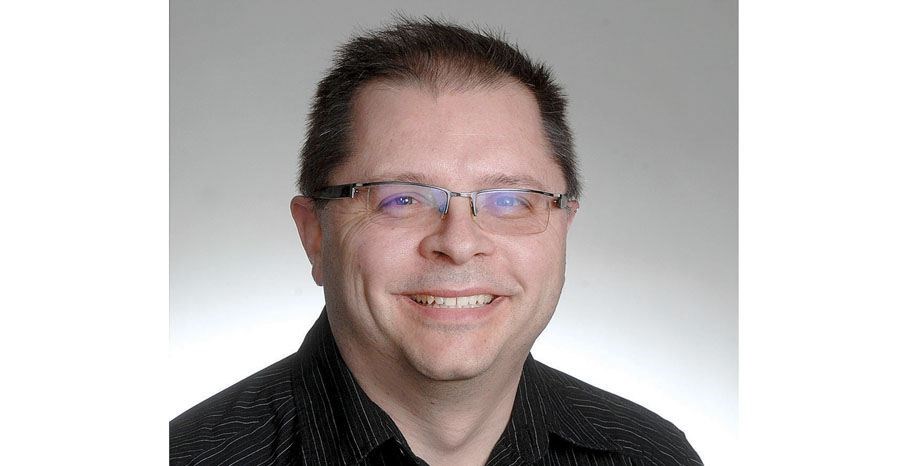Relationships have been big news over the past year at both UNBC and CNC.
In a month's time, during UNBC's spring convocation ceremonies, James Moore will become the school's sixth chancellor. His appointment was controversial and divisive within the university and the community.
The relationship between UNBC faculty and administration hit a low point last spring during a long and bitter strike.
Over at CNC, the relationship between the college and the community of Burns Lake after announced cuts at that campus has been acrimonious.
All of these relationships are important, overshadowing perhaps the most important and problematic relationships at both post-secondary institutions, which are the sexual and romantic relationships between faculty and students. These relationships are a clear abuse of power and a betrayal of trust by individuals in authority.
While most individuals, particularly the parents of students, see clearly how inappropriate these relationships are, there is no college in Canada, including UNBC and CNC, that forbids them.
UBC is considering drafting new policy that would make it the first.
According to CNC's Standards of Ethical Conduct adopted last year, "employees in teaching positions, or who have influence, input or decision-making power over a student's marks, academic interests or other matters shall not become involved in a business or inappropriate personal relationship (including romantic or sexual) with the student for the duration of the professional relationship or evaluative role."
The policy language at UNBC is wordier and fuzzier.
"Relationships between faculty and students or supervisors and subordinates are particularly susceptible to exploitation. The respect, trust and power accorded a supervisor or member of the faculty may make voluntary consent by a subordinate or student suspect. This policy is not intended to inhibit normal social relationships. A person entering into or involved in a sexual relationship with a consenting adult who will be or who is subject to that individual for evaluation or supervision should decline or terminate the supervisory or evaluative role, and inform his/her superior."
While both schools have clear policy on the punishment for student plagiarists, neither of them state the penalty for professors who get in the sack with one or more of the students in the same class they're teaching.
At least CNC states that instructors "shall not" become involved in these kind of relationships. Not only does UNBC allow it and defends this unethical conduct with "it's complicated" language, the policy then suggests that the right course of action for the professor is not to keep their pants on but to step aside and have someone else give the student a mark.
It's highly unlikely a UNBC faculty member could be formally disciplined under such a weak policy.
Like many kinds of policies and procedures, enforcement is likely complaint driven, meaning if students and faculty turn a blind eye, administration can pretend it's not happening and are not compelled to take action. Getting involved is problematic.
Filing a complaint, particularly at small schools like UNBC and CNC, would be put the academic career of the complainant - both student and academic - at risk.
Nobody likes a rat.
UNBC calls it "voluntary consent" but how voluntary is it really?
The problem is crystal clear, according to Martha Piper, UBC's interim president.
"It's just like a physician and patient," she told the Globe and Mail. "Is it okay if it's consensual between a physician and a patient? No. In a power situation where somebody has power over your career, your advancement, your grades, you may say you consent because of the power situation."
In other words, the consent may be rationalized by the student for a variety of reasons, none of which have anything to do being an equal in the relationship.
Instead of waiting for the UBCs of the world to lead, it would be nice to see some leadership and collaboration start here in Prince George, with its two post-secondary institutions and their faculty.
-- Managing editor Neil Godbout



